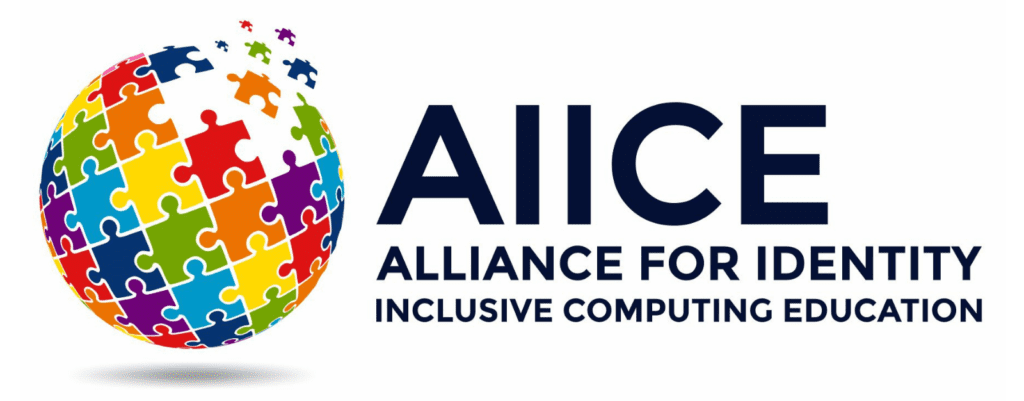
CSTA is part of the Alliance for Identity-Inclusive Computing Education (AiiCE). Partners include Duke University, University of Oregon, Bard College, Kapor Center, DO-IT Center, Computing Sciences Accreditation Board, and Constellations Center for Equity in Computing. We collectively aim to increase the entry, retention, and course/degree completion rates of high-school and undergraduate students from groups that are historically underrepresented in computing through evidence-based, identity-inclusive interventions.

AiiCE Vision
Regardless of our gender, race, ability, sexuality, class, age, and other identities, technology impacts how we see and navigate the world around us. We seek to transform K-16 computing education through identity-inclusive strategies that target people, policies, and practices.
Objectives
AiiCE is founded upon evidence that student-focused (and often deficit-based) strategies do not adequately address institutional cultures, policies, and practices that have marginalized people from non-dominant identities. AiiCE will collectively create systemic change by blending aspects of social science with CS to:
- Increase CS student and educator knowledge and use of identity and related topics.
- Support CS educators and leaders in fostering academic cultures that are more inclusive of non-dominant identities.
- Increase K-16 policy-driven changes to CS education that infuse identity-inclusive strategies.
Projects

Identity Inclusion Online PD
A virtual, self-paced “Identity Inclusion for K-12 CS Educators” course provides a baseline understanding of identity-inclusive topics, including one’s self, the impact one has on others, and ways to foster safe and inclusive CS learning environments.
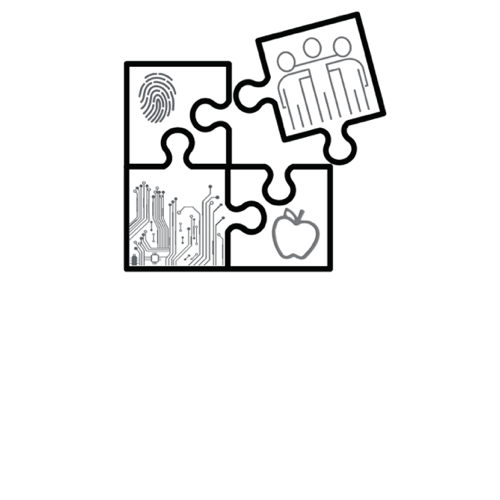
Teacher Inquiry Groups
Asynchronous online PD is combined with facilitated monthly or bi-monthly community of practice sessions that engage CS educators in discussing identity-inclusive CS topics, practicing safe conversations, and building community in an intimate environment.
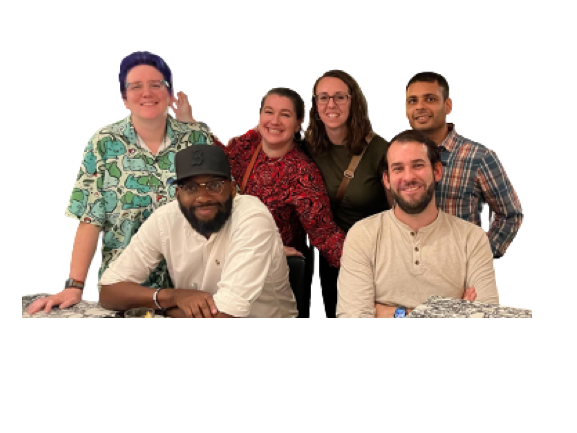
Professional Learning Series
Monthly webinars support K–12 educators with meaningful and relevant CS professional development. About one-half of sessions focus on topics of equity and identity inclusion.

CS Teacher Landscape
We conduct biennial national surveys of PreK-12 CS teachers, to examine the CS teaching landscape and teachers’ perceptions of how to move towards a vision of equitable CS.
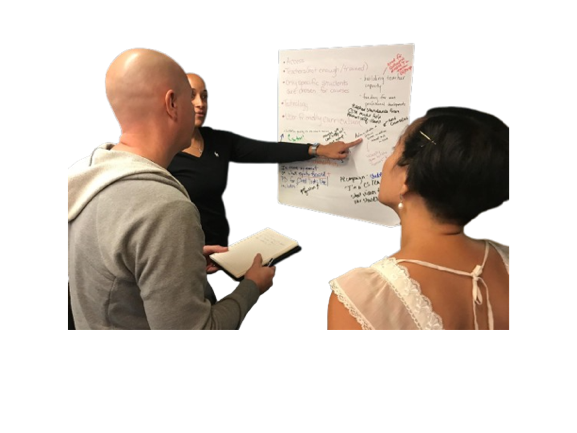
Teacher Advocacy
A teacher-led Policy Committee develops advocacy toolkits and trains teachers to effectively advocate for policies that support equitable CS implementation.
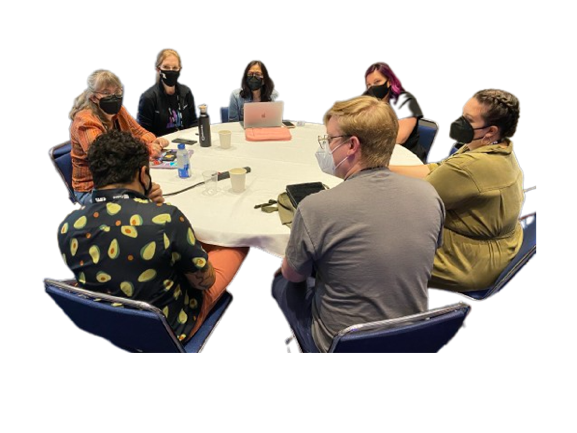
PD Provider Summits
A community of practice (CoP) for K-12 CS PD providers meets quarterly to identify best practices, share resources, and integrate identity inclusive computing into their programs.

This work is supported by the National Science Foundation under Grant No. 2118453. Any opinions, findings, and conclusions or recommendations expressed in this material are those of the author(s) and do not necessarily reflect the views of the National Science Foundation.
